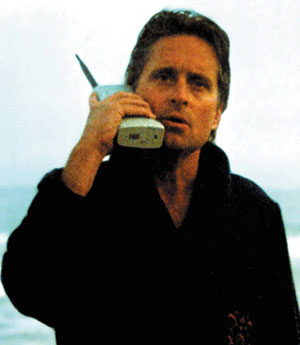This is a reflective blogpost regarding the marketing plan assignments and the team video.
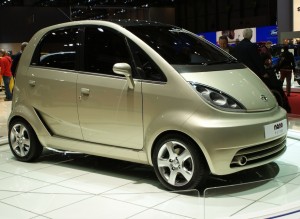
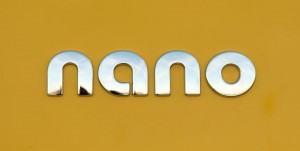 We did a good job delivering the third part of our assignment, namely the marketing video that was designed to explain our recommendations regarding an improved marketing mix for our chosen product, the Tata Nano. We started our work early, our brainstorming sessions were productive, and our final plan for the video was well balanced: three different elements, one of them a timelapse of the Lions Gate Bridge (filmed by Alexander and I), the main part being whiteboard drawings (drawn by Hye-Won and Julie), and the last part being short interviews to make the video more entertaining. Daniel and Simon did some work writing the script, and I did most of the editing for the final video.
We did a good job delivering the third part of our assignment, namely the marketing video that was designed to explain our recommendations regarding an improved marketing mix for our chosen product, the Tata Nano. We started our work early, our brainstorming sessions were productive, and our final plan for the video was well balanced: three different elements, one of them a timelapse of the Lions Gate Bridge (filmed by Alexander and I), the main part being whiteboard drawings (drawn by Hye-Won and Julie), and the last part being short interviews to make the video more entertaining. Daniel and Simon did some work writing the script, and I did most of the editing for the final video.
Looking back at the work we’ve done, I feel that it was definitely the right decision to choose a company we knew nothing about – Tata Motors. It was refreshing to work together on such interesting articles (who would’ve thought that they sold a car that suddenly goes on fire?). Our team had a fun time together, and even though some of the workload might have been uneven (I did spend a lot of time on the project, but I am the only one to blame for that..), I feel that we all contributed a lot to our final result. Our conclusions are all valid and I would not be surprised to see Tata following some of the recommendations we came up with, albeit not because of us but rather because they really make sense. Rebranding the Nano was experimental, but highly interesting from a marketing standpoint. The only thing I would change is perhaps the focus on a specific target segment. Giving us more freedom in choosing what to focus on for the marketing mix would have made the project even more interesting.

 Despite running the risk of offending half of the human population, and acknowledging that this comes from a terrible male chauvinist standpoint (which does not at all reflect my own opinion), I think that the “meme” on the right is an appropriate introduction to the topic Sameena found for one of her blogposts: What Women Want. Generally, one might assume that in typical relationships, men are annoyed by the shopping habits women exhibit. Gillette’s marketing campaign, however, builds on the observation that the men’s very own shopping habits are heavily influenced by women.
Despite running the risk of offending half of the human population, and acknowledging that this comes from a terrible male chauvinist standpoint (which does not at all reflect my own opinion), I think that the “meme” on the right is an appropriate introduction to the topic Sameena found for one of her blogposts: What Women Want. Generally, one might assume that in typical relationships, men are annoyed by the shopping habits women exhibit. Gillette’s marketing campaign, however, builds on the observation that the men’s very own shopping habits are heavily influenced by women.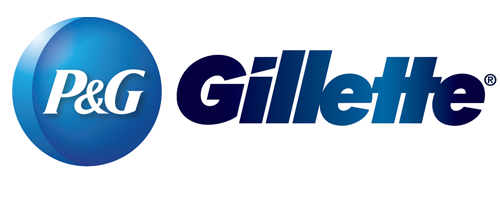

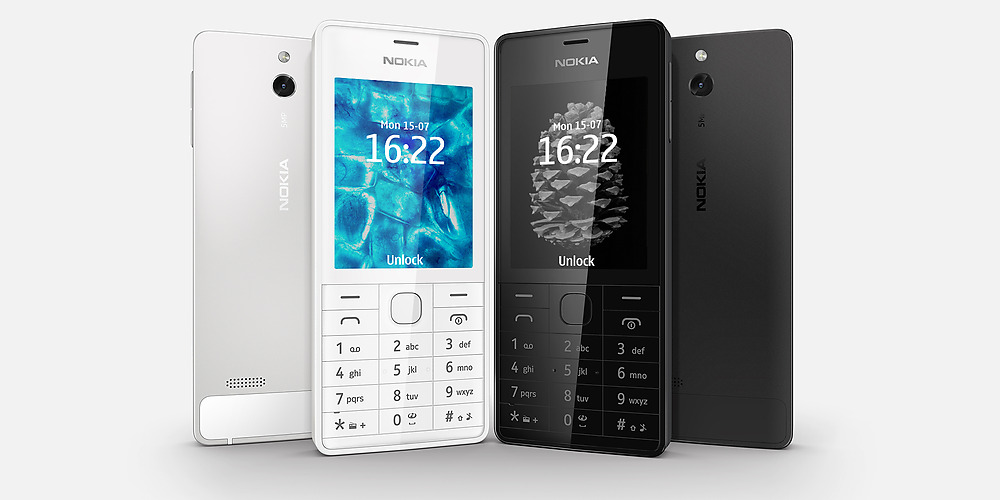
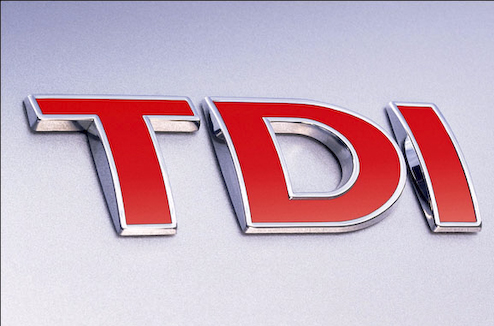
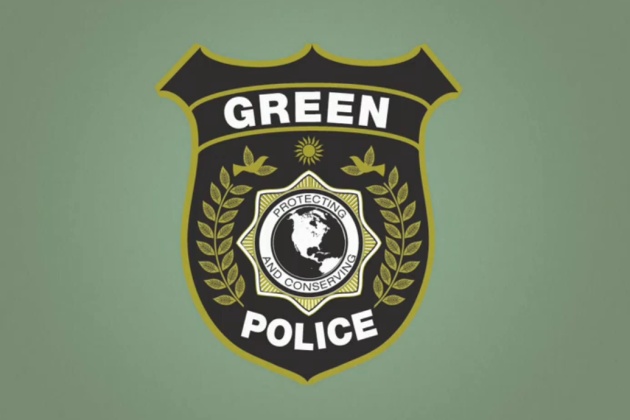 The commercial describes how a “green” police is arresting people for offenses pertaining to the environment. The one and only way to avoid the power of said police is to drive an Audi with a “clean” diesel. A seemingly amusing and witty idea, it left a somewhat bitter taste. Does Audi seriously suggest that a “clean” diesel is better than, say, taking the bike? Walking? Driving a vegetable-oil-powered vehicle, as was shown in the commercial? The message Audi sends to its potential customers is of a “feel-good” nature: drive an Audi and feel as though you did something great for the environment (such as using a compost bin, or refusing plastic bags?).
The commercial describes how a “green” police is arresting people for offenses pertaining to the environment. The one and only way to avoid the power of said police is to drive an Audi with a “clean” diesel. A seemingly amusing and witty idea, it left a somewhat bitter taste. Does Audi seriously suggest that a “clean” diesel is better than, say, taking the bike? Walking? Driving a vegetable-oil-powered vehicle, as was shown in the commercial? The message Audi sends to its potential customers is of a “feel-good” nature: drive an Audi and feel as though you did something great for the environment (such as using a compost bin, or refusing plastic bags?).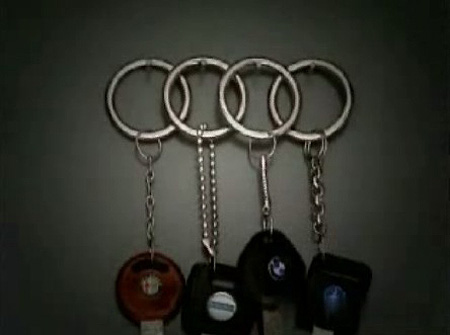 Don’t get me wrong, I think Audi produces great cars. Nonetheless, a little more honesty would not hurt. Marketing ethics deals with such honesty issues in advertisements, but we lack appropriate legislation that prevents greenwashing. A step in the right direction would be a gentleman’s agreement to stop obvious greenwashing (e.g. as is in place among European companies that prevent comparative advertising).
Don’t get me wrong, I think Audi produces great cars. Nonetheless, a little more honesty would not hurt. Marketing ethics deals with such honesty issues in advertisements, but we lack appropriate legislation that prevents greenwashing. A step in the right direction would be a gentleman’s agreement to stop obvious greenwashing (e.g. as is in place among European companies that prevent comparative advertising).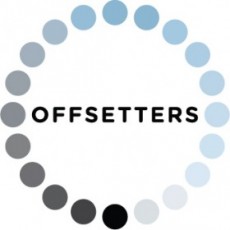







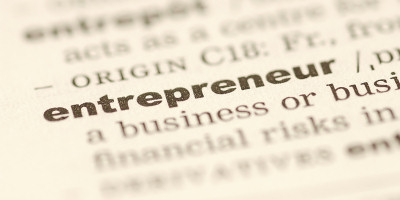 The BusinessInsider published a
The BusinessInsider published a 

